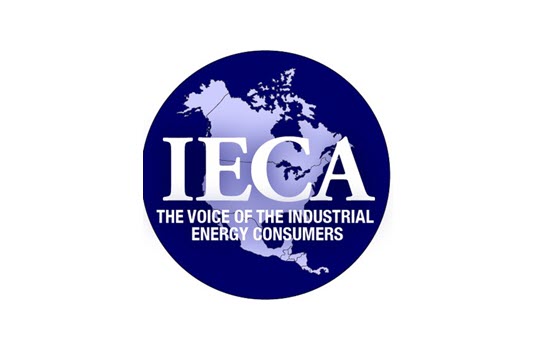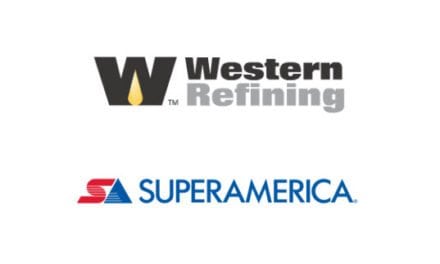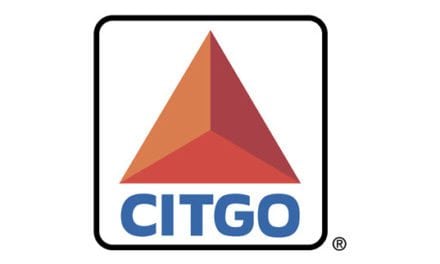The Industrial Energy Consumers of America (IECA) sent a letter to the Secretary of Energy, Jennifer Granholm, providing twelve reasons why a consumer safety valve is needed on natural gas. The U.S. Department of Energy (DOE) has approved LNG exports to non-free trade agreement (NFTA) countries equal to 70 percent of the net U.S. supply and this is not in the public interest.
The public interest, both as to domestic reliability and national security, is protected only when domestic production and pipeline capacity is robust enough to meet domestic demand. For that reason, exports must be limited to the surplus supply of natural gas.
Twelve Reasons Why a Consumer Safety Valve Is Needed
- Natural gas, electricity, and natural gas feedstock prices have significantly increased, driven by a year over year increase in LNG exports.
- S. consumers do not have an alternative. We are captive consumers.
- Increased natural gas prices have significant inflationary impacts on the economy.
- S. consumers and the economy should be a priority for domestic natural gas resources, over LNG exports and foreign countries who are buyers.
- The DOE’s LNG export-driven policy has resulted in excessive LNG export approvals that permanently change the U.S. natural gas, electricity, NGLs, and pipeline market’s reliability for the worse.
- U.S. natural gas production is not increasing to meet accelerating LNG export demand in order to maintain a surplus for the domestic market.
- In July 2020, the DOE extended all LNG export approvals for 30 years to 2050, which shifts all market and price risk to U.S. consumers and away from LNG exporters.
- The global LNG market is not a free-market. U.S. consumers cannot compete with foreign government-controlled entities who can pay any price for LNG, no matter how high. We cannot.
- Other LNG export countries do not have a large manufacturing sector at risk. The U.S. does.
- There is no federal reliability oversight of the natural gas market and the pipeline capacity needed for delivery to consumers.
- The DOE LNG studies used to evaluate the public interest determination under the NGA never considered availability of pipeline capacity.
- Most LNG consuming countries have winter when we do, which pulls domestic natural gas from U.S. consumers during peak winter demand.
The Industrial Energy Consumers of America is a nonpartisan association of leading manufacturing companies with $1.1 trillion in annual sales, over 4,200 facilities nationwide, and with more than 1.8 million employees worldwide. It is an organization created to promote the interests of manufacturing companies through advocacy and collaboration for which the availability, use and cost of energy, power or feedstock play a significant role in their ability to compete in domestic and world markets. IECA membership represents a diverse set of industries including: chemicals, plastics, steel, iron ore, aluminum, paper, food processing, fertilizer, insulation, glass, industrial gases, pharmaceutical, building products, automotive, brewing, independent oil refining, and cement.









